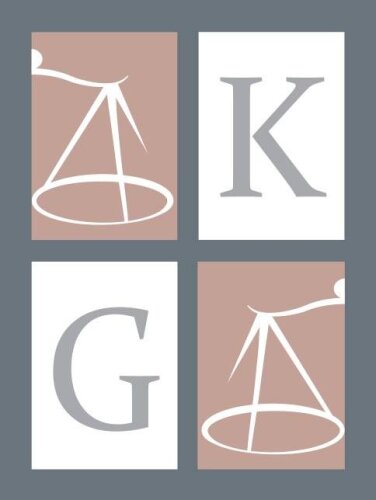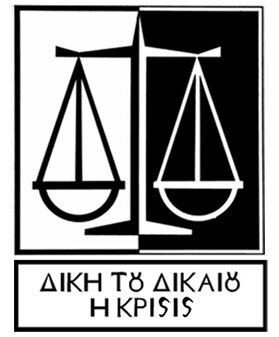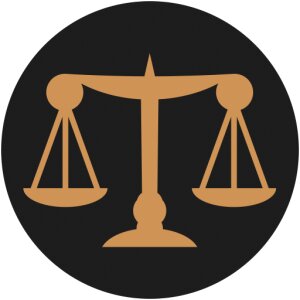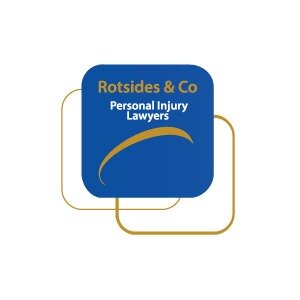Best Wrongful Death Lawyers in Cyprus
Share your needs with us, get contacted by law firms.
Free. Takes 2 min.
Or refine your search by selecting a city:
List of the best lawyers in Cyprus
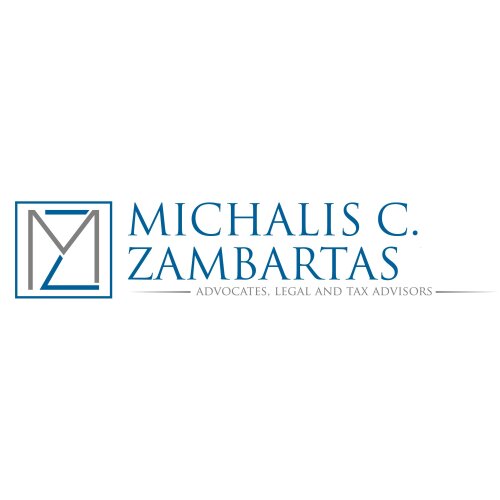
Michalis C. Zambartas - Advocates, Legal & Tax Advisors
30 minutes Free ConsultationAbout Wrongful Death Law in Cyprus
Wrongful death law in Cyprus is designed to provide financial compensation to the relatives or dependents of a deceased person, whose death has been caused by the negligence or wrongful act of another. It is an area of personal injury law that allows bereaved families to seek justice and compensation for their loss. In Cyprus, these claims often arise from incidents such as medical malpractice, road traffic accidents, and workplace accidents. The compensation awarded generally covers both pecuniary losses, such as loss of income and funeral expenses, and non-pecuniary losses, such as emotional distress.
Why You May Need a Lawyer
Engaging a lawyer is crucial in wrongful death cases for several reasons:
1. **Complexity of Law**: Wrongful death cases often involve intricate legal theories that require expert knowledge to effectively navigate.
2. **Evidence Gathering**: A lawyer can assist in collecting and preserving the necessary evidence to prove negligence or fault.
3. **Negotiation Skills**: Legal professionals are adept at negotiating settlements with insurance companies or opposing parties to ensure fair compensation.
4. **Legal Representation**: A lawyer will represent you in court proceedings if the case advances to trial, advocating for your best interests.
5. **Emotional Support**: Having legal guidance allows the bereaved family to focus on healing while their lawyer manages the complexities of the case.
Local Laws Overview
In Cyprus, the framework governing wrongful death claims is largely enshrined in civil law, influenced by both local legislation and European Union regulations. A few key aspects include:
1. **Negligence and Liability**: To succeed in a wrongful death claim, the claimant must prove that the defendant was negligent or had intent, resulting in the wrongful death.
2. **Eligible Claimants**: Generally, close family members such as spouses, children, or dependents of the deceased have the right to bring a wrongful death claim.
3. **Statute of Limitations**: In Cyprus, wrongful death claims need to be filed within a certain time frame, typically three years from the date of death, although exceptions may apply.
4. **Types of Damages**: Damages can include financial losses, such as loss of income, and non-financial losses like pain and suffering endured by the family.
Frequently Asked Questions
1. What constitutes a wrongful death claim in Cyprus?
A wrongful death claim arises when a person’s death is caused by the negligent or intentional act of another. This includes cases like medical malpractice, reckless driving, or unsafe work conditions.
2. Who can file a wrongful death lawsuit in Cyprus?
Typically, immediate family members of the deceased, such as a spouse, children, or dependents, can initiate a wrongful death lawsuit.
3. What types of damages can be claimed?
The claim can include compensation for medical and funeral expenses, loss of expected earnings, loss of care, and mental anguish suffered by the family.
4. How long do I have to file a wrongful death claim?
In Cyprus, you generally have three years from the date of death to file a claim, but it's advisable to consult with a lawyer to understand any possible exceptions.
5. How is negligence proven in these cases?
Negligence is proven by demonstrating that the defendant had a duty of care towards the deceased, breached that duty, and directly caused the death as a result.
6. Can a wrongful death claim go to trial?
Yes, if a settlement cannot be reached between the parties, the case may proceed to trial where a judge will determine the outcome.
7. Can I handle a wrongful death case without a lawyer?
While possible, it is generally not advisable due to the complexity and emotional nature of such cases, making legal representation crucial.
8. What documents are required to file a claim?
Important documents include the deceased’s death certificate, medical records, accident reports, and any documentation of financial dependency.
9. How are compensation amounts decided?
Compensation is determined based on various factors, including the deceased's earnings, age, health, and the impact their death has on surviving family members.
10. Is there a possibility of appealing the court’s decision?
Yes, if a party is dissatisfied with the trial's outcome, they may be able to appeal to a higher court, subject to certain procedural requirements.
Additional Resources
For further guidance and support, the following resources may be helpful:
- The Cyprus Bar Association provides a directory of legal professionals who specialize in personal injury and wrongful death claims.
- The Ministry of Justice and Public Order offers information on legal rights and assistance available to citizens.
- Non-governmental organizations (NGOs) focusing on victim support can provide emotional and practical assistance.
Next Steps
If you or someone you know needs legal assistance regarding a wrongful death case, consider the following steps:
1. **Consult a Lawyer**: Contact a legal professional specializing in wrongful death to discuss your case and obtain expert advice.
2. **Gather Documentation**: Collect all relevant documents related to the deceased, including medical records and evidence of dependency, for your lawyer’s review.
3. **Understand Your Rights**: Ensure you are fully informed about your rights and potential claims under Cypriot law.
4. **File Your Claim**: Work with your lawyer to prepare and file the necessary legal documents within the statutory timeframe.
5. **Seek Support**: Consider reaching out to local support groups or professional counselors for emotional support during the legal process.
Lawzana helps you find the best lawyers and law firms in Cyprus through a curated and pre-screened list of qualified legal professionals. Our platform offers rankings and detailed profiles of attorneys and law firms, allowing you to compare based on practice areas, including Wrongful Death, experience, and client feedback.
Each profile includes a description of the firm's areas of practice, client reviews, team members and partners, year of establishment, spoken languages, office locations, contact information, social media presence, and any published articles or resources. Most firms on our platform speak English and are experienced in both local and international legal matters.
Get a quote from top-rated law firms in Cyprus — quickly, securely, and without unnecessary hassle.
Disclaimer:
The information provided on this page is for general informational purposes only and does not constitute legal advice. While we strive to ensure the accuracy and relevance of the content, legal information may change over time, and interpretations of the law can vary. You should always consult with a qualified legal professional for advice specific to your situation.
We disclaim all liability for actions taken or not taken based on the content of this page. If you believe any information is incorrect or outdated, please contact us, and we will review and update it where appropriate.
Browse wrongful death law firms by city in Cyprus
Refine your search by selecting a city.




